『カブール・ノート』の英語版を出版するためのクラウドファンディングがKickstarter で始まりました。アメリカ東部時間の7月24日、日本時間の7月25日から60日間地味に続きます。
下は、そのために書いた全然クラウドファンディングらしくない能書きです。4年ほど前に、シンガポールのスタートアップのクラウドファンディングを手伝ったことがあります。初めてだったので、外から見ているよりやることが多いことにちょっと驚きました。それよりも、常にuplifting な雰囲気を出し続けるのがどうも自分に合わない気がしたのを覚えています。だから、今回は普通に伝えるのが必要なことだけ書くことにしました。
日本での英語版の需要はほとんどないだろうと思うので、アメリカのプラットフォームを使うことにしました。といっても、どこの国からでも支援者になることは出来るので、英語の共通語レベルが著しく上がって来た今となってはアメリカのプラットフォームという言い方は変なのかもしれません。
クラウドファンディングは、原初的には多くの人が少額の寄付を通して、新しいアイデアや開発を支持するようなものでしたが、現在は新商品の先行販売のような色彩が強くなっています。だから、クラファンのプラットフォームが今ではEコマースのお店サイトのように見えます。それでも、突拍子もないアイデアに寄付を募ってるような人もまだ健在で、クラファン・サイトを見ているとなかなか面白いものにも出会います。
英語版を出せということは、出版当初からずっと言われてました。ただ僕自身がその必要性をあまり感じていなかったので、何もしてませんでした。なぜその必要性を感じていなかったかというと、『カブール・ノート』は書いていた時から、日本人へのメッセージという意味が強かったのです。もちろんアフガニスタンの話ですが、アフガン研究ではなく、むしろそこで考えることの中心は日本と言ってよいくらいです。
アメリカがアフガニスタンを空爆してから20年以上、アメリカはイラク、リビア、シリア、ウクライナと戦争に関与し続け、アフガニスタンは結局タリバン政権に戻りました。絶えず悪魔と天使が作り出され、傍観者が一喜一憂する間に、人類の悲惨は世界のいたるところで一度もとまることなく続いている。同じ人間の中に悪魔と天使が共存する事実から目を逸らし続ける限り、ゲームのようにリプレイされ続ける悲惨は終わらないだろうと思っています。情景を描写するという形でそれを書き続けたのが『カブール・ノート』でした。野卑な政治屋のように咆哮するのが苦手だからそういう形になっただけです。一度 retreat して、考える機会を持つべきなのは、日本人だけでなく、アメリカも含めて世界の人だろうと思います。世界の人々の retreat に使えるものとして、英語版を考えました。
日本語を書く時は誰でも日本語で考えていると思います。それと同じように英語を書く時は英語で考えてます。それは日本語を英語に翻訳するのとはまったく別の作業です。仕事はすべて英語でやってきましたが、そこに日本語を英語に直すという仕事は全くありませんでした。元から英語です。英語のインプット、英語による思考、英語による議論、英語による独り言、英語による寝言、英語によるアウトプット。一つの言語を別の言語に直すというのは、それらとは独立したスキルです。
自分が書いた日本語を自分で英語に翻訳するというのは、頭の中が捩れるような奇妙な感覚になります。英語に直す過程で英語が一人歩きし、やがて英語で考え始めて英語を書いていることに気が付きます。自分ではない他の誰かが書いた日本語として扱えないからでしょう。翻訳が出来る人に頼みたいと思ったのは、そういう理由です。おそらく今ならAI 翻訳を下訳に使って、それを直すという形で超スピード翻訳も可能だと思います。
All-or-Thing 方式のクラウドファンディングなので、目標金額に達しない場合、プロジェクトはキャンセルになり、支援金は返金されます。英語版が出るかどうかはクラウドファンディングの結果しだいということです。
One morning…
One morning in the summer of 1998, I woke my sister and her husband up, who were visiting Islamabad, “You better go back to Japan – a war may have started.” They didn’t seem to be surprised – they thought it was some kind of a joke that I was playing on them, and was trying to figure it out. It was certainly unreal.
The day before, I had evacuated to Islamabad from Kandahar, which is the spiritual capital of Afghanistan. We were given vague and misleading information that non-Muslims were in some kind of danger. That evening, the US fired 80 cruise missiles on Afghanistan.
Looking back, I can’t understand why war didn’t start then. The country, which had been attacked by missiles, did not strike back. And, three years later, the war started. No, perhaps the war had started then. It was immediately after the US missile attack on Afghanistan that a Fatwa (religious order) was announced declaring death to all Americans.”

Those days
This is a part of the passage that I wrote while I was working in and around Afghanistan. I worked for the United Nations High Commissioner for Refugees’ office (UNHCR) in Quetta from 1993 to 1995. Quetta is a place where Afghanistan, Pakistan, and Iran meet. Being still young, I was very excited to live in an almost archaeological town. In 1994, a group of Afghan refugees living in the refugee camps in Quetta suddenly became famous for rescuing girls raped violently in the anarchy near Kandahar in Afghanistan. Later people started calling this group Taliban.
After working for a research institute in Tokyo for a year or so, I went back to Afghanistan. It was 1997. That group, the Taliban, steadily expanded the territory under their control. Based in Pakistan, the neighboring country of Afghanistan, I was commuting to Afghanistan every other week. I went to major cities in each region such as Kabul, Kandahar, Herat, Mazar-i-sharif, Jalalabad, etc. but more often I stayed in a small or tiny village far away from a city. That’s where we worked. It may sound strange now, but Afghanistan was a safe and orderly place at that time, except for the front line in the North where the Taliban and Northern Alliance were fighting.
Commuting from one country to another is not efficient. I started living in Kabul in early 2000. We tried hard to mitigate the suffering of Afghan people in extreme poverty after two decades of war with a ridiculously small budget. And yet the night of Kabul was always covered by dark silence. And complete chaos began after 9.11, 2001.

On publication
This is a book published in Nov. 2001. I had been posting my writings to a website or mail magazine from time to time. Perhaps it was before the word, blog, was invented. Ryu Murakami, a famous writer and movie director in Japan, found my writings. He invited me to contribute to his mail magazine in 1998. Almost nobody knew where Afghanistan was at that time. 9.11 changed everything. Six publishing companies rushed to me and gave me an offer to publish a collection of my writings. I was more puzzled than flattered. Once it was published, it immediately went up to the top 10 of the ranking of Amazon Japan.
But I have never seen my book piled in a bookstore by myself. Because I was back in Afghanistan by the time it was published. I was depressed to see the totally changed Afghanistan. The entire world was talking about the reconstruction of Afghanistan, but it seemed to me it was just like further and more fundamental destruction. I stopped writing.
To whom?
Ending my career of 26 years in the UN system and looking back at those days, I reaffirm that 9.11 was a definitive moment. Everything that happened afterward was redefined in the post-9.11 narrative. I did not read my own writings for almost two decades, but now I read them and find them free from the post-9/11 perspective. Perhaps it may have some meaning to share it with younger people who do not know what the world looked like before 9.11.
There was another finding when I read this book after such a long time. When I was writing it, I had Japan, a fearfully peaceful country of mine always in my mind. She had never stopped being my source of despair, anger and sometimes joy. I did not write any direct message to the people in Japan, but in a sense, the whole book may have formed a message to them.
Now American. To my surprise, I found this book might contain a message to them, too. I have never thought of it. I met many American soldiers in Afghanistan, and then in Iraq where I began to work in 2003. War was not a joy, nor cool. Most Americans I met were young, or younger than me. They were working in extremely harsh conditions. I had a view that both wars were completely futile and that there would be no winner. And yet rather than feeling against those American soldiers, I felt much closer to them than to the global onlookers. After all, we both ended up being in the same place from two opposite directions, and neither of them I think is well understood by the compatriots. American people deserve to know what’s happening out there.
Something I experienced in my daily life during those days in the field was absolute indifference. Media only follows fireworks. Whether people were killed or rescued, this planet never stops moving on. It may be a good thing, perhaps, because tomorrow will come again. Or it may be simply a cruel fact for some. Some of my close friends were killed in action. I wish this book had been available in English much earlier so that they could have known at least one person was watching and appreciating their job. Now that it’s no more viable, I wish to present this book to survivors who are working with absolute indifference in the same field as I used to be.
Style
In this book, I wrote my articles in many different styles of Japanese language. Some are a bit serious and others are silly or even poetic. I can only write pretty boring English just like a UN bureaucrat. That’s the reason I have never tried to translate my writings into English. I would like to have a professional writer translate it into English. But it costs. Hence I decided to use Kickstarter. Initially, I planned to publish it on Kindle only to save the printing and shipping cost. But now I have come to know that Kindle Direct Publishing makes it possible to publish a paperback with no inventory, I have added the paperback edition as a reward. I can foresee that the main cost of this project is for the translation and formatting of it to Kindle and paperback. If you know any good translator and could introduce him/her to me, I would be grateful!!

Foreword – Ryu Murakami
Foreword – Ryuichi Sakamoto
– Situation Explained 1
1 – The American Strike
Flashback 1 – “・・・・・・”
2 – Children Who Know Nothing But War
Flashback 2 – Fractured Sound Memory
3 – Warriors of God
Flashback 3 – The Seduction of the Supranationals
4 – The Phenomenon of Osama Bin Laden
Flashback 4 – Observation and Power
5 – Summer General Strike
6 – Women of Afghanistan
– Situation Explained 2
7 – Kabul, Sunday 4pm’s Phone Call
8 – Navy Blue Children
9 – I’m On Your Side
10 – The State, or My Independence
Afterword
Tips
チップしてもらえたら、嬉しいです

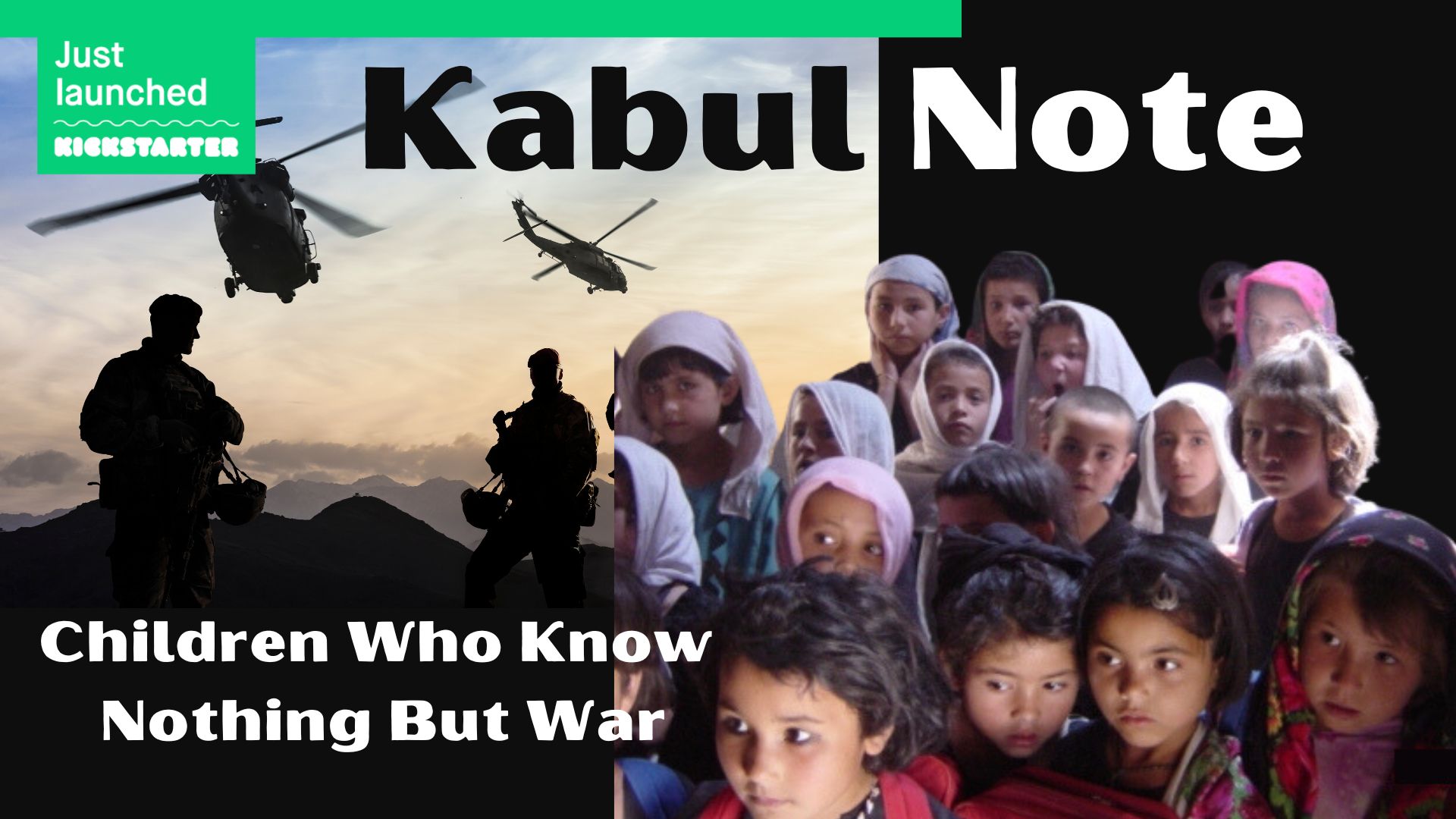
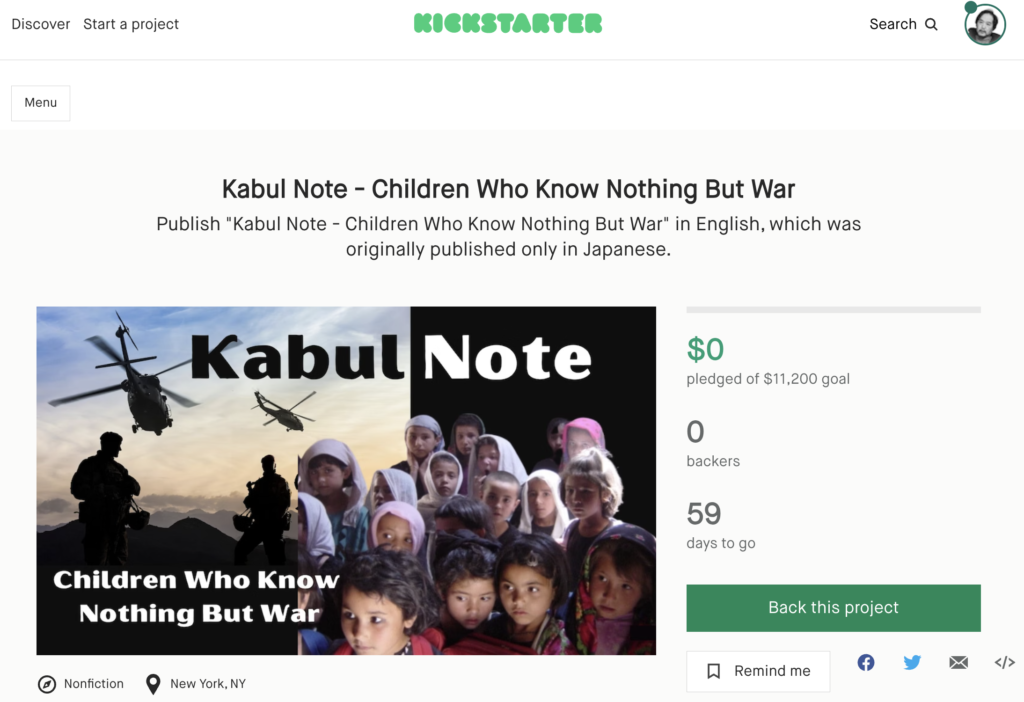


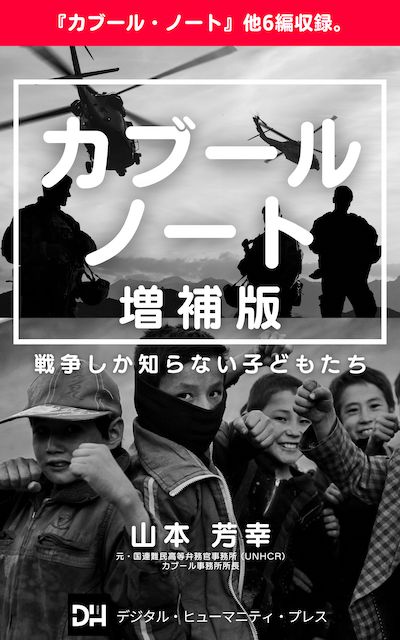


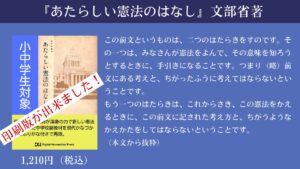
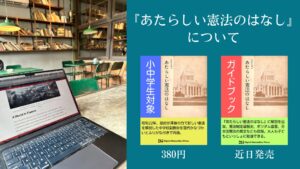
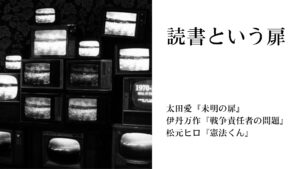
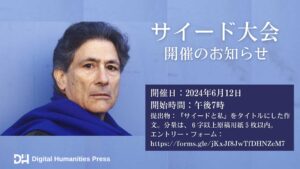
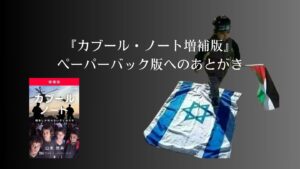


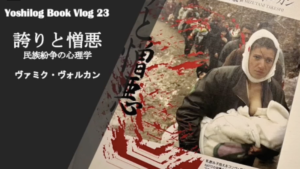
Comments